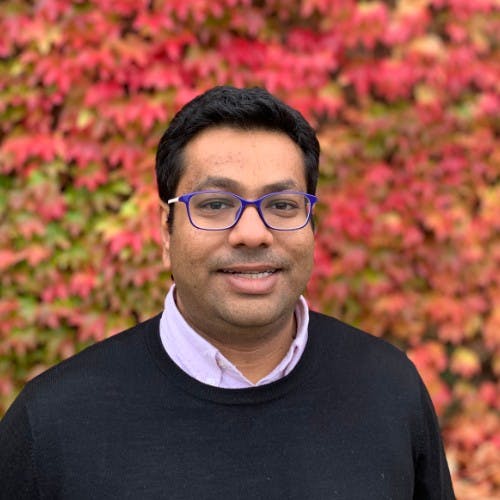Do people in Asia know or care where their banks invest their money?
Most banks in Asia, the world’s largest region for financial services, use their customers’ money to make investments in funds linked to issues such as climate change, deforestation and human rights abuses—and they do not inform their customers that they’re doing so.
While some of the region’s banks, particularly those from Japan, have signed up to initiatives such as the Task Force on Climate-related Financial Disclosures (TCFD) and the Principles for Responsible Banking (PRB), Asia has been a relative late comer to sustainable finance. Only 9 per cent of banks in Southeast Asia have no-deforestation policies.
So can the ordinary consumer make a difference to how banks spend their money?

Mayur Singh, co-founder, Mattrvest
To discuss this, Eco-Business spoke to Mayur Singh, a Singapore-based entrepreneur who co-founded tech firm Mattrvest last year. His company helps young people invest in things that align with their values.
Singh is also involved in a campaign called My Money My Planet, which encourages consumers to ask their banks to tell them how their money is being spent.
Tune in as we talk about:
- How much impact do consumers really have as investors?
- How much of our money is being spent on unsustainable investments like fossil fuels, unhealthy food, slave labour, and guns?
- Do people in Asia really care how their money is being invested?
- What can we do about greenwashing in green finance products?
- Are banks changing fast enough to meet climate goals?



















